Sudan
Rwanda’s Paul Kagame and Sudan’s Omar al-Bashir have agreed to jointly confront the International Criminal Court (ICC), accusing it of bias against African leaders.
The agreement was reached at talks between the two countries, held in Kharthoum.
President Kagame who arrived in the Sudanese capital for a two-day visit stressed that the African Union’s position was against the ICC, stating that the continent’s leaders were victims of its biased justice.
“We have also talked about the International Criminal Court and I can say our opposition has been very clear,” President Kagame emphasised.
In his part, President Bashir commended Rwanda’s position which seeks to protect Sudan and other African nations from what he called the “international agenda” adding that there should be better coordination between the African governments to implement the AU stance on the ICC.
The ICC issued two arrest warrants against al-Bashir in 2009 and 2010 for alleged war crimes, crimes against humanity and genocide committed in Darfur. He is the first sitting head of state charged by the Hague-based court since its inception in 2002.
Sudan, which is not a state member of Rome Statute of the ICC, has been campaigning for an African withdrawal from the court.
Rwanda is not a state party to the tribunal of war crimes but has the obligation as a member of the United Nations to cooperate with the court. However, like many other African capitals, Kigali is critical to ICC and to its focus on Africa.
Uganda’s Museveni, Tanzania’s Magufuli condemn ICC probe in Burundi https://t.co/qGKMvZMhas
— africanews (@africanews) November 12, 2017
In 2008, President Kagame called the ICC a “fraudulent institution “that is “made for Africans and poor countries” who did not realize what they were signing up for when they ratified the Rome Statute.
Established in 2002 to try war criminals and perpetrators of genocide never tried at home, the ICC has opened inquiries involving nine nations, including Kenya, Ivory Coast, Libya, Sudan, Democratic Republic of Congo, Central African Republic, Uganda, Mali and, most recently, Georgia.
The African Union constantly accuses the ICC of disproportionately targeting Africans. Other African countries including Kenya, Eritrea, Uganda, Zimbabwe and Libya have called for en mass withdrawal of African nations from the court.
But these sentiments are not unanimous across the continent. At an African Union summit meeting in July 2016, the Democratic Republic of Congo, Ivory Coast, Nigeria, Senegal and Tunisia were among the countries that opposed a Kenyan-led drive for a group walkout from the tribunal.
In October this year, Burundi became the first country in history to withdraw from the Rome Statute having applied to leave the court in 2016.
The two presidents also agreed to push for reforms at AU for better coordination at all levels. They also discussed several regional concerns, including the crisis in South Sudan and Rwanda’s contribution to the peacekeeping force in Darfur.
The two presidents agreed to initiate a political consultation committee between their countries and to enhance bilateral trade.



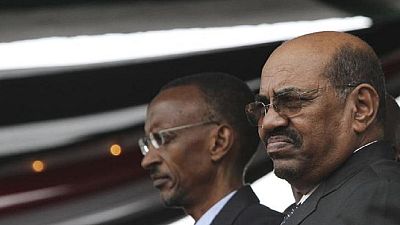

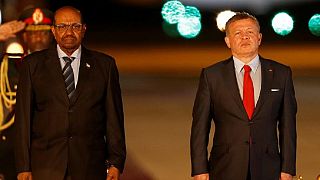
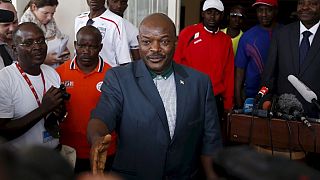
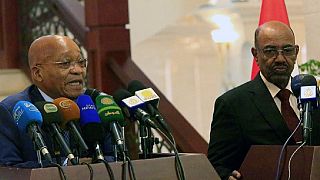
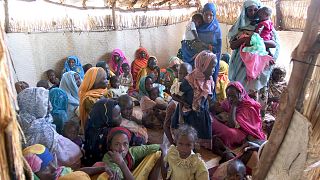
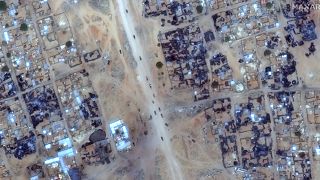
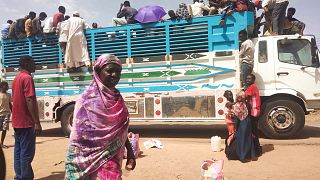
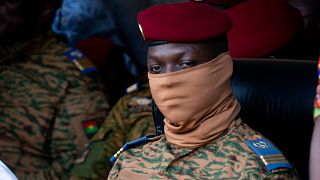
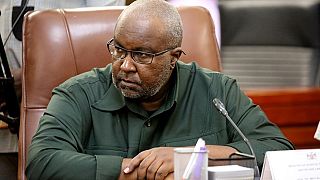

Go to video
U.S. Secretary Rubio oversees Congo-Rwanda deal to ease mineral conflict
02:00
Two years of war in Sudan: international conference aims to bring relief to suffering population
Go to video
Sudan: World Food Programme warns of hunger crisis, asks for more funding
Go to video
Dozens flee deadly RSF attacks in north Darfur as camps suffer heavy losses
Go to video
United Nations marks anniversary of genocide in Rwanda
Go to video
Rwanda commemorates the 1994 genocide that claimed at least 800,000 lives